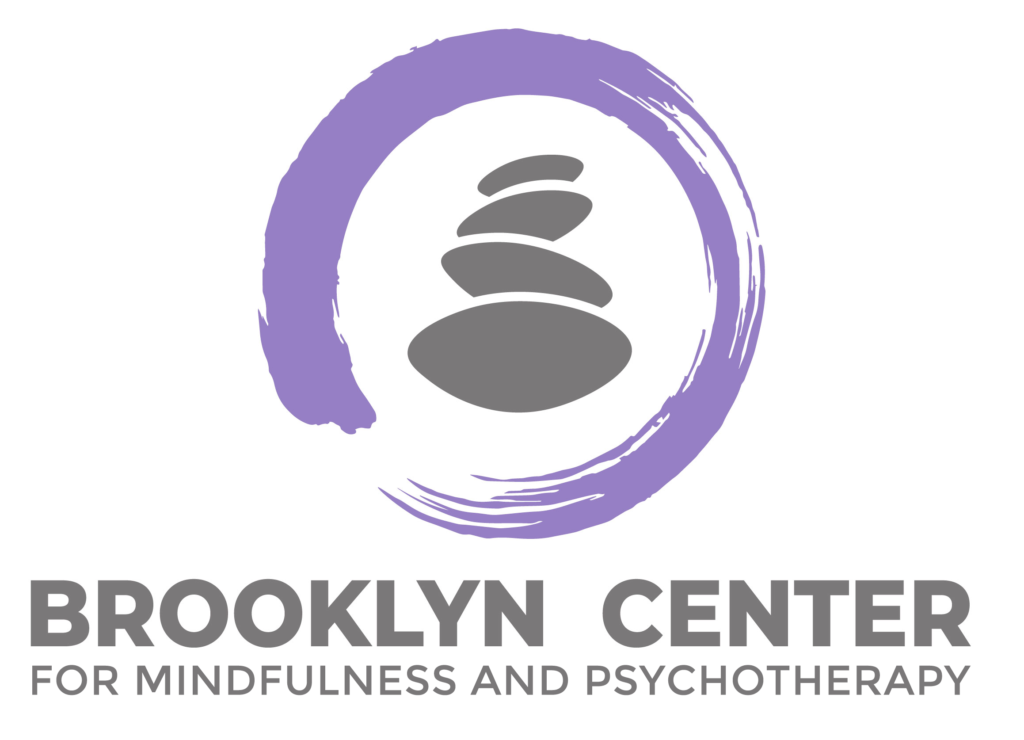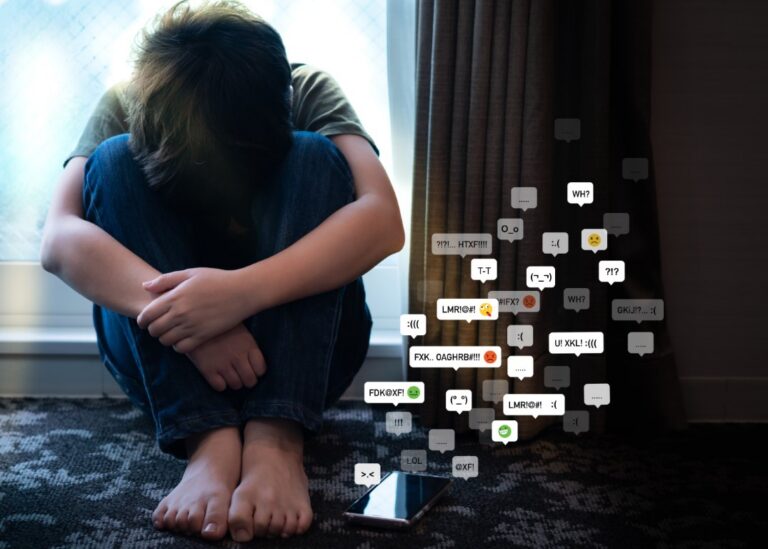Mental health has become a topic of discussion recently, with more people seeking help for mental health issues. Whether you’re feeling overwhelmed or just want to know what’s out there, this blog is for you. Here, you’ll learn about the different types of mental health clinics and the benefits of using them. You’ll also find out about the cost of therapy and what to expect during your first visit. Finally, we’ll explore the long-term effects of therapy. So whether you’re feeling lost or simply want to know more about mental health clinics, read on!
1. The different types of mental health clinics
Mental health is an important topic that deserves to be talked about openly and freely. That’s why there are so many mental health clinics available today.
- 1. Clinical mental health services
Clinical mental health services are typically offered by hospitals, psychiatric clinics, or private practice therapists. They provide short-term counseling and support for people with conditions like anxiety, depression, bipolar disorder, eating disorders, post-traumatic stress disorder (PTSD), and substance abuse issues. Clinical mental health services can be expensive but they’re often covered by insurance companies or government programs.
1.2 Group therapy
Group therapy is a type of clinical mental health service that helps groups of people work on their problems together. By discussing their experiences openly and sharing resources such as support groups, group therapy can be very helpful for people with mental health issues.
1.3 Individual therapy
Individual therapy is considered the gold standard of treatment for mental health conditions. It’s typically offered by psychiatrists and psychologists and it focuses on helping individual patients develop personal coping strategies and improve their overall mental health situation. Individual therapy can be challenging but it often leads to long-term improvements in a person’s mental health status.
2 Cost of services
Different types of mental health clinics have different costs associated with them, so it’s important to research your options before starting treatment. However, most clinical mental health services cost between $60 and $160 per session.

2. What are the benefits of mental health clinics
Mental health is a topic that is often taboo, but it’s important to talk about it. That’s why mental health clinics are so valuable. They offer a variety of services, including medication and therapy. Some mental health clinics also provide community resources like social groups or bike rides. It’s important to speak with a therapist before visiting a clinic so they can determine the best course of action for you. Remember, mental health isn’t a problem to be ashamed of – it’s something that should be talked about and dealt with in a healthy and supportive environment.
3. How much do mental health clinics charge
When it comes to mental health, it’s important to be proactive and seek out professional help as soon as possible. This is where mental health clinics come in. Most of these clinics charge between $50 and $100 per hour of services, which is a very reasonable price for the services provided. Additionally, mental health clinics often have special discounts for members of certain health insurance plans. Research a clinic before visiting to make sure it’s the right fit for you. Most clinics offer walk-in hours, so you can visit without having to book an appointment first.

4. Who can use mental health clinics
Mental health is an important topic that deserves to be talked about more. That’s why mental health clinics are so important – they’re open to anyone who needs them, no matter their financial status or insurance coverage. Plus, doctors at mental health clinics often have specialized training in psychiatry and psychoanalysis, which makes them better equipped to provide quality services. If you need support, a mental health clinic is a great place to turn. Make an appointment today and find out for yourself just how beneficial they can be!
5. How do mental health clinics work
Mental health is a topic that is often taboo, but it needs to be spoken about more. That’s why mental health clinics are so important. They offer treatment for a variety of mental illnesses and disorders, regardless of whether or not you’re officially diagnosed with them. This means that you don’t have to worry about whether or not the clinic can help you – they usually can. In addition to providing care, mental health clinics often have 24-hour access, so you can get help no matter what. Most clinics also have specialists on staff who can help you with more in-depth treatment. So if you’re feeling down, don’t hesitate to reach out for help – mental health clinics are here to help!
6. How long does it usually take to see a therapist at a mental health clinic
If you’re feeling overwhelmed or anxious, visiting a mental health clinic may be the best step for you. mental health clinics offer a variety of services, including therapy and medication management. In general, it usually takes about an hour to see a therapist at a mental health clinic. Some clinics offer shorter wait times, while others have longer wait times. If you’re able to schedule an appointment online, by phone, or in person, you’ll be able to get started right away. The services offered by mental health clinics are unique and can help you manage your mental health in a variety of ways. If you’re feeling lost or just need some help getting started, a mental health clinic may be the perfect place for you.
7. What should you expect during your first visit to a mental health clinic
Mental health is an important topic that deserves to be talked about more openly. That’s why mental health clinics are such a valuable resource. During your first visit, you’ll likely be asked some questions about your mental health history. This will help the clinic determine the severity of your condition. After this, you’ll be allocated an intake therapist who will help you organize and prepare for further treatments. Most clinics provide psychotherapy sessions on-site as well as medication therapy if required. In short, mental health clinics are a great place to get the support you need to get on the road to recovery.
8. Should you bring any documents with you to the clinic
Mental health clinics can be a daunting and scary experience for anyone. It’s important to be aware of the clinic’s policy on personal identification and to bring any documents that support your mental health disorder claims. If you’re feeling unsafe or uncomfortable at the clinic, don’t hesitate to leave. Above all, remember to take things slow and go with the flow. By doing so, you’ll have a better chance of getting the support you need.

9. Are there any long-term effects of the therapy
Therapists have been helping people with mental health conditions for years, and the benefits of therapy are clear. However, some long-term effects are difficult to determine. Generally speaking, CBT is considered to be relatively safe and can help people with a variety of mental health conditions. Other forms of therapy, like talk therapy, can also have lasting benefits. However, there isn’t always enough research available to know for sure. That’s why it’s important to consult with a mental health specialist before starting treatment – they can help you figure out which type of therapy is the best for you and your specific condition.
Conclusion
Mental health clinics are an important resource for people who are struggling with mental health issues. They offer a variety of services that can help you get the support you need to feel better. There are a variety of different types of mental health clinics available, so find the one that best suits your needs. While therapy may take some time to see results, the benefits are well worth it! Make sure to read through this blog to learn more about mental health clinics and their benefits. At Brooklyn Center for Mindfulness and Psychotherapy, we believe that mental health should be a priority for everyone, and we are happy to offer our services to anyone interested.




